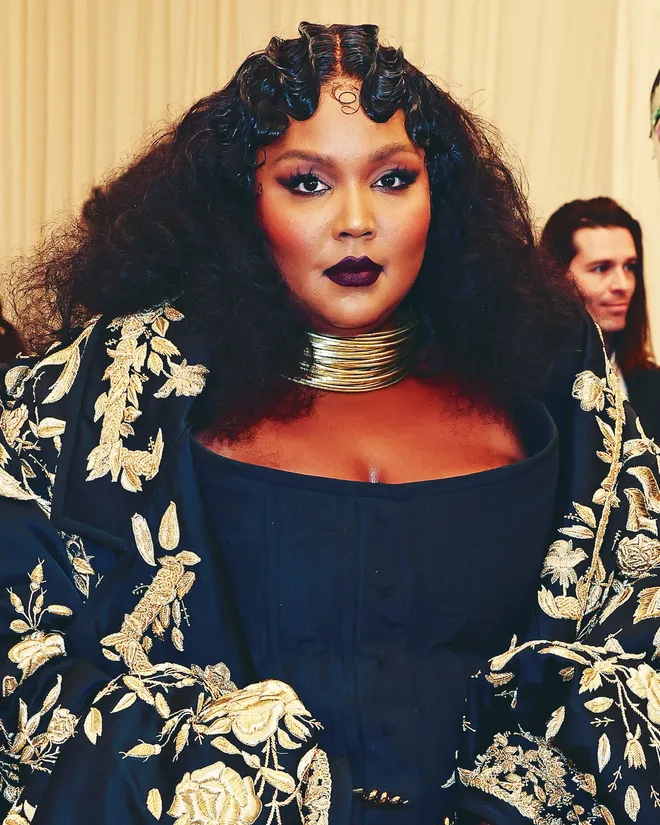Growing up in the 70s and 80s, my childhood was chock full of microaggressions and microinvalidations. At school and at home. Most often related to my ethnicity, gender, intelligence, physical appearance, etc. Some classmates called me “Qaddafi’s daughter” for years, despite my family coming from a completely different country — Lebanon — a continent away from Libya. Often there were outright slurs too. Directed at me, but also bandied about so casually in day-to-day life and in pop culture. It’s appalling. I cringe when I attempt to rewatch many movies and television shows from my youth. We have come a long way but there is still so much work to do. We can and should strive to learn and grow. Which Lizzo has done recently and done well.
Following criticism that her new single, “Grrrls,” included the word spaz, Lizzo announced on Monday that she has released another version of the track with the offending lyric removed. “It’s been brought to my attention that there is a harmful word in my new song,” Lizzo wrote in a statement accompanying the rerelease. “Let me make one thing clear: I never want to promote derogatory language. As a fat black woman in America, I’ve had many hurtful words used against me so I overstand the power words can have (whether intentionally or in my case, unintentionally).”
Lizzo Releases a New Version of ‘Grrrls’

Nothing About Us Without Us
When situations like this come up, as they often do, I share one of my favorite resources.
What is self-defined?
A modern dictionary about us.
We define our words, but they don’t define us.
Self-Defined seeks to provide more inclusive, holistic, and fluid definitions to reflect the diverse perspectives of the modern world.
With the foundation of vocabulary, we can begin to understand lived experiences of people different than us. Words can provide us with a sense of identity and allow us to find kinship through common experiences.
selfdefined.app
Ableism and Implicit Bias
Unfortunately, ableism continues to go unaddressed in too many diversity initiatives. Kelsey Lindell has some excellent suggestions on how to avoid situations like these in the future:
- Take personal responsibility for your own growth
- Educate your teams
- Hire Disabled People (For more information: It’s time for a culture shift where disability inclusion is concerned)